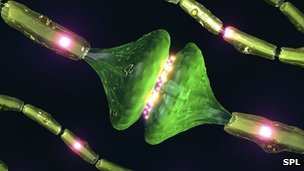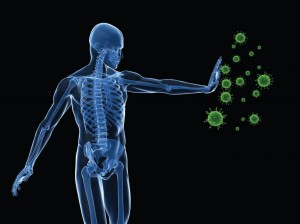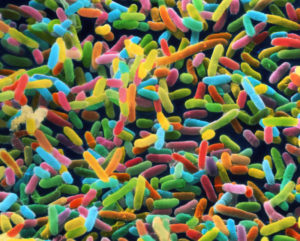Significance
Multiple sclerosis (MS) is the most prevalent autoimmune disease of the central nervous system (CNS), leading to irreversible deficits in young adults. Its pathophysiology is believed to be influenced by environmental determinants. As far back as the 1990s, it had been suggested that there is a correlation between the consumption of cow’s milk and the prevalence of MS. Here, we not only demonstrate that a high percentage of MS patients harbor antibodies to bovine casein but also that antibody cross-reactivity between cow’s milk and CNS antigens can exacerbate demyelination. Our data broaden the current understanding of how diet influences the etiology of MS and set the stage for combining personalized diet plans with disease-modifying treatment strategies.
Abstract
Multiple sclerosis (MS) is a neuroinflammatory demyelinating disease of the central nervous system (CNS) with a high socioeconomic relevance. The pathophysiology of MS, which is both complex and incompletely understood, is believed to be influenced by various environmental determinants, including diet. Since the 1990s, a correlation between the consumption of bovine milk products and MS prevalence has been debated. Here, we show that C57BL/6 mice immunized with bovine casein developed severe spinal cord pathology, in particular, demyelination, which was associated with the deposition of immunoglobulin G. Furthermore, we observed binding of serum from casein-immunized mice to mouse oligodendrocytes in CNS tissue sections and in culture where casein-specific antibodies induced complement-dependent pathology. We subsequently identified myelin-associated glycoprotein (MAG) as a cross-reactive antigenic target. The results obtained from the mouse model were complemented by clinical data showing that serum samples from patients with MS contained significantly higher B cell and antibody reactivity to bovine casein than those from patients with other neurologic diseases. This reactivity correlated with the B cell response to a mixture of CNS antigens and could again be attributed to MAG reactivity. While we acknowledge disease heterogeneity among individuals with MS, we believe that consumption of cow’s milk in a subset of patients with MS who have experienced a previous loss of tolerance to bovine casein may aggravate the disease. Our data suggest that patients with antibodies to bovine casein might benefit from restricting dairy products from their diet.







